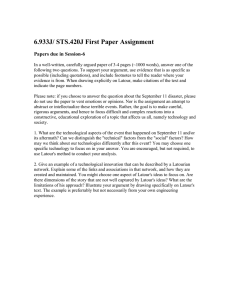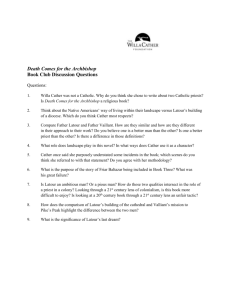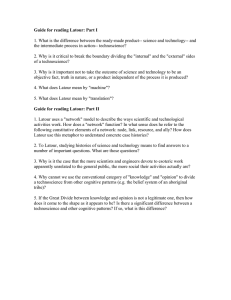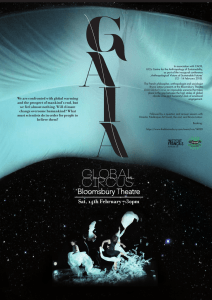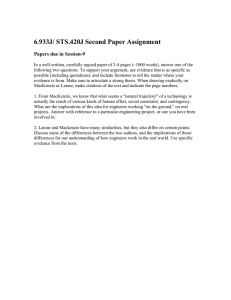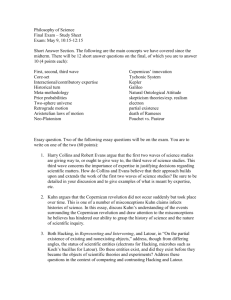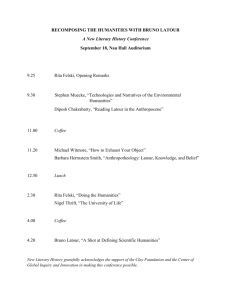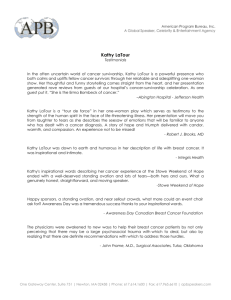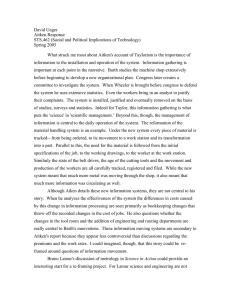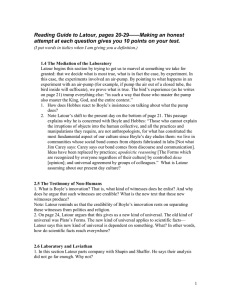Power
advertisement
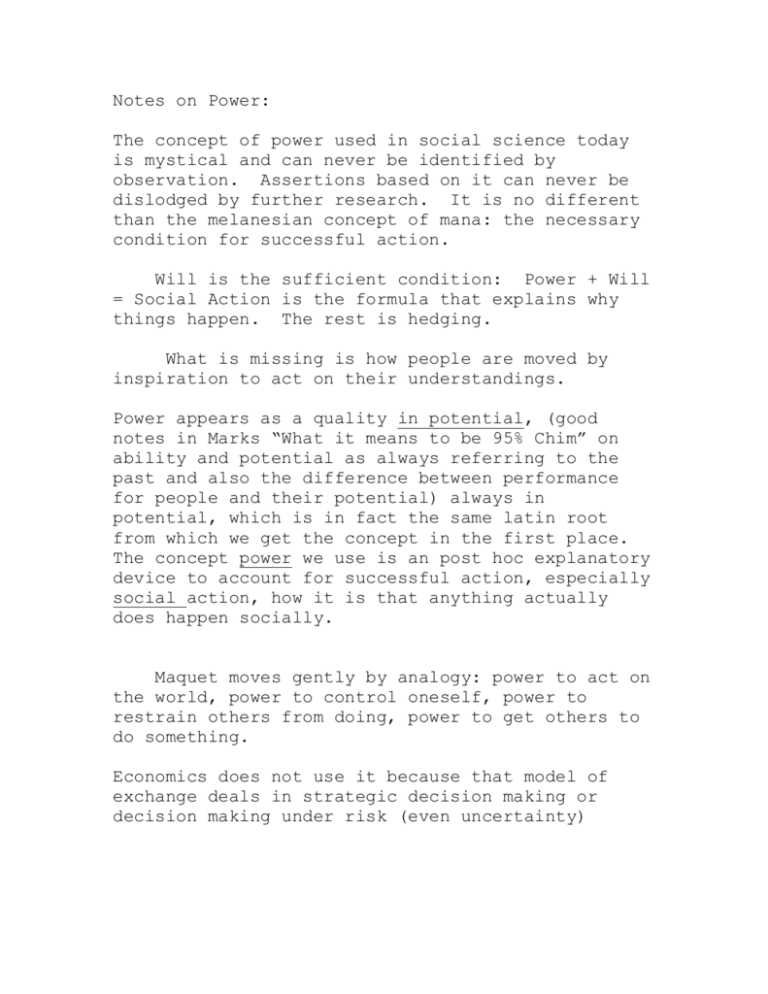
Notes on Power: The concept of power used in social science today is mystical and can never be identified by observation. Assertions based on it can never be dislodged by further research. It is no different than the melanesian concept of mana: the necessary condition for successful action. Will is the sufficient condition: Power + Will = Social Action is the formula that explains why things happen. The rest is hedging. What is missing is how people are moved by inspiration to act on their understandings. Power appears as a quality in potential, (good notes in Marks “What it means to be 95% Chim” on ability and potential as always referring to the past and also the difference between performance for people and their potential) always in potential, which is in fact the same latin root from which we get the concept in the first place. The concept power we use is an post hoc explanatory device to account for successful action, especially social action, how it is that anything actually does happen socially. Maquet moves gently by analogy: power to act on the world, power to control oneself, power to restrain others from doing, power to get others to do something. Economics does not use it because that model of exchange deals in strategic decision making or decision making under risk (even uncertainty) No definitions vary much from everyday usage: those that do make it seem like culture itself, the constraint of life except for Latour who wants to get rid of it. See March, also: doesn’t do much good, but what will fill the gap? Why are we stuck with it? animatism vs animism: two concepts in religion animism got preempted by Christianity: personified divinity. animatism was pushed to the side as superstition by Christianity, as luck, as a non-concept, as not an acceptable explanation any longer for social (or physical) effects. Is there any historical evidence for this? so, if god is not simply the necessary condition for successful action we’re left with all the strange questions, still, that March raised so many years ago: quantity, use, increase or decrease, opposites being true. Power is a symbol for potential successful social action in strategic (where what you get depends not only on what you do but on what others too do) action, but as Latour points out, first something happens, and then its cause is identified, and in this case mana is personified, identified with a person and his will. Issues: 1) after the fact 2) denies other’s agency 3) metaphor of physics where everything is the same over time, or time has little meaning 4) resistance vs transmission 5) comes down to torture and person to person violence as the exemplar 6) a conservative ideology in and of itself 7) its discourse is incoherent: why are there no units of measure? is there more or less? nothing gets done by the conventional usage (Latour’s paradox) does exercise expend or increase its quantity: we talk about quantities without any measure of quantity 8) it is a powerful symbol, as we use it: it stands for just what it seems to: that things get done even tho people seem not to want to do them: it is the cause of social effects based on the metaphor of physical cause and effect and individual abilities to do things (as in play a piano built a house add a column of numbers)
